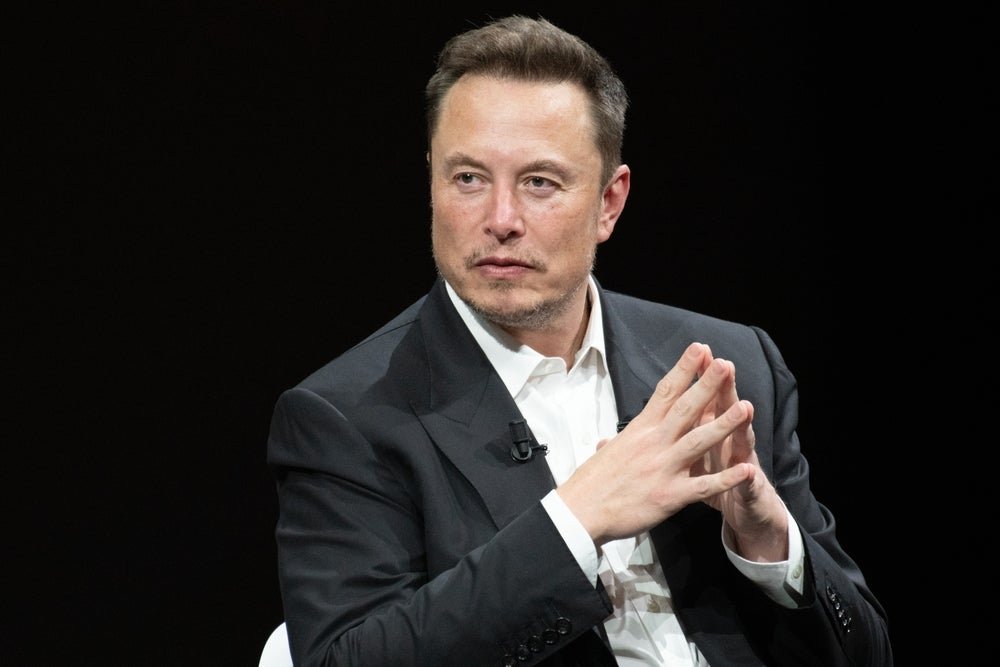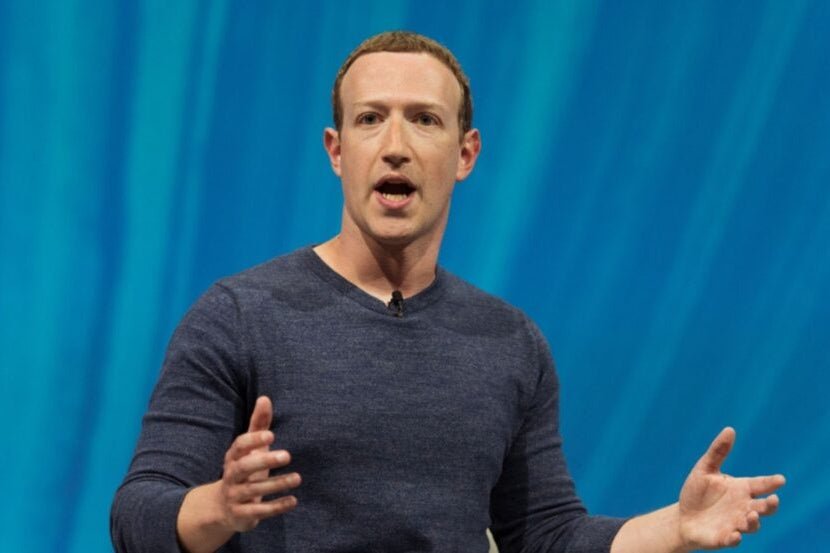Elon Musk Addresses Antisemitic Controversy at New York Times DealBook Forum
Elon Musk, the renowned entrepreneur and CEO of Tesla and SpaceX, recently spoke at the New York Times DealBook Forum, where he addressed the recent antisemitic controversy he has been involved in. In a conversation with Andrew Ross Sorkin, Musk discussed the perception that he endorsed an antisemitic conspiracy through a post on X, a social media platform he owns.
The controversy arose when Musk shared a post on X that led advertisers to pause their spending on the site. In response to this, Musk stated, “I have no problem being hated” and emphasized that his trip to Israel was “not an apology tour.” While he did apologize during the interview, describing the antisemitic post as “one of the most foolish” he has ever shared, Musk also expressed his belief that the media ignored his attempts to explain the situation.
During the interview, Musk drew attention for his use of profanity when addressing the companies that paused their advertising. He referred to their actions as “blackmail” and an attempt to silence him. He bluntly stated, “If someone is going to blackmail me with advertising or money, go f**k yourself. Go. F**k. Yourself.” He even called out Disney CEO Bob Iger, who had spoken earlier at the summit, saying, “Hey Bob, if you’re in the audience, that’s how I feel.”
This controversy surrounding Musk’s endorsement of an antisemitic conspiracy has shed light on the challenges social media platforms face in moderating content and addressing hate speech. Musk’s ownership of X puts him in a unique position of responsibility for the content shared on the platform. The incident has also sparked a broader conversation about the role and influence of technology leaders in society.
It is worth noting that Musk has been known for his controversial and provocative statements in the past. This incident adds to the list of controversies he has been involved in throughout his career. Despite facing criticism and backlash, Musk remains a highly influential figure in the tech and business world, with his companies continuously pushing the boundaries of innovation.
As this controversy unfolds, it serves as a reminder of the importance of responsible and ethical behavior, particularly for individuals in positions of power and influence. It also raises questions about the balance between freedom of speech and the responsibility to combat hate speech and misinformation on social media platforms.
Ultimately, the fallout from this incident will likely continue to shape discussions around the role of tech leaders in society and the measures that need to be taken to ensure the responsible use of social media platforms. As society becomes increasingly interconnected, it is crucial to address these issues head-on and work towards creating a safer and more inclusive online environment.





